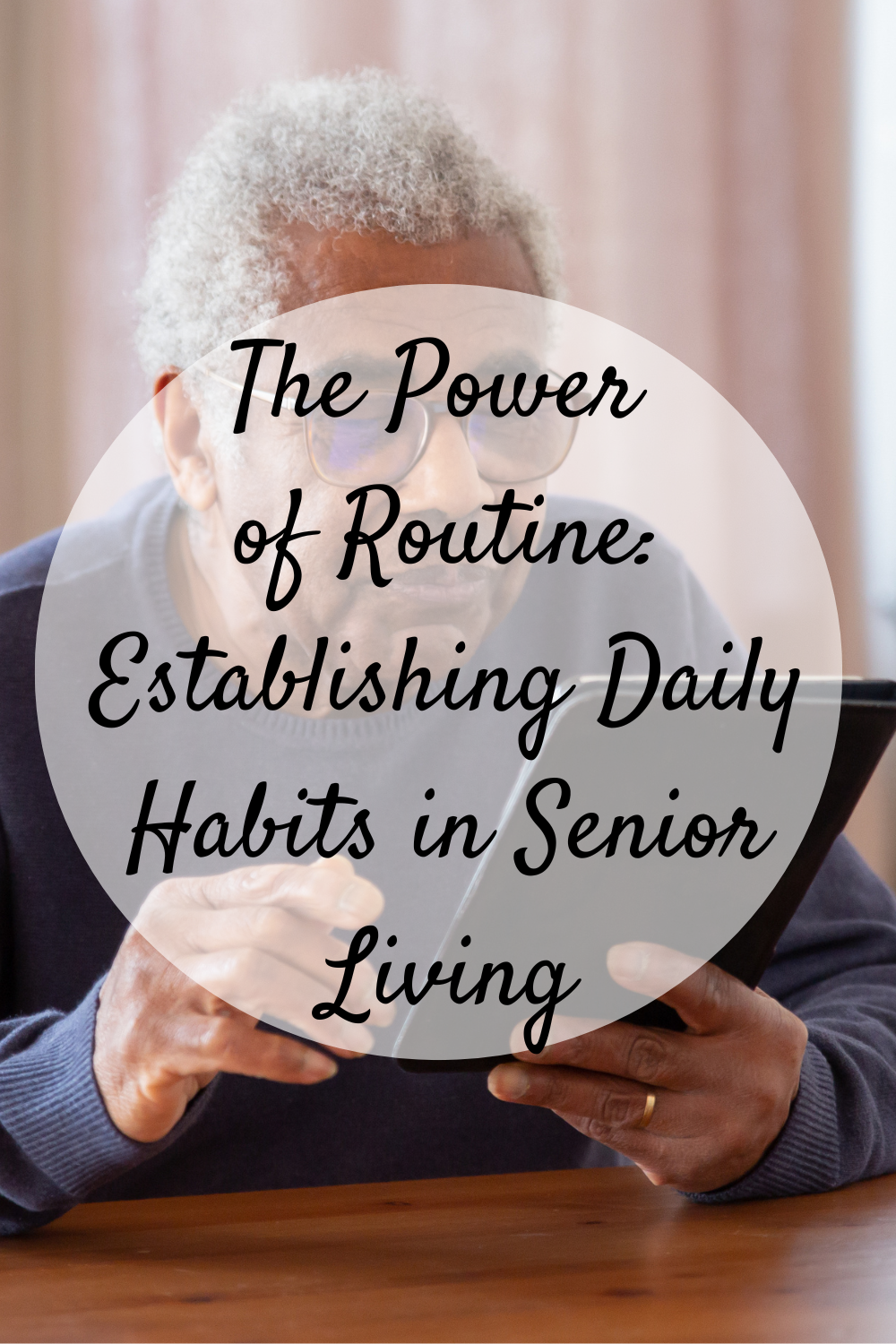
As we age, having a structured daily routine becomes increasingly important. Routines provide a sense of stability, reduce anxiety, and help maintain both physical and mental well-being. For seniors living independently or in assisted living facilities, established habits can make each day more manageable and enjoyable. Regular routines also help preserve cognitive function and can delay the onset of memory-related conditions.
Essential Morning Habits
Starting the day right sets a positive tone for the hours ahead. A good morning routine should begin with gentle stretching exercises to warm up the muscles while still in bed. After getting up, seniors should follow a consistent hygiene routine, including brushing their teeth, washing up, and getting dressed in fresh clothes. Taking medications at the same time each morning helps ensure they’re never missed. A nutritious breakfast should follow, ideally at a regular time, to maintain stable blood sugar levels throughout the day. These tasks are often prioritized by professional centers for senior living in your area.
Physical Activity Throughout the Day
Regular movement is crucial for maintaining strength, balance, and overall health. Seniors should aim to include:* A morning or afternoon walk, even if it’s just for 10-15 minutes* Simple chair exercises during television shows* Light gardening or household tasks* Gentle stretching exercises* Balance exercises while holding onto a sturdy surface
Social and Mental Engagement
Maintaining social connections and keeping the mind active are vital components of a healthy daily routine. Setting aside specific times for social activities helps combat loneliness and depression. This could include morning coffee with neighbors, scheduled phone calls with family members, or participating in community activities. Reading the newspaper, doing crossword puzzles, or enjoying a hobby at the same time each day helps maintain cognitive function.
Meal Planning and Nutrition
Regular mealtimes are essential for maintaining good health. Seniors should eat at consistent times throughout the day, focusing on nutritious, well-balanced meals. Planning meals in advance reduces stress and ensures proper nutrition. Having set times for snacks helps maintain energy levels and prevents unhealthy grazing.
Evening Wind-Down Routine
A calming evening routine promotes better sleep quality. This should start about two hours before bedtime. The routine might begin with light cleaning tasks, followed by changing into comfortable nightwear. Avoiding screens and bright lights in the evening helps signal to the body that it’s time to rest. A warm bath or shower, some gentle stretching, and reading or listening to soft music can help prepare for sleep.
Maintaining the Routine
Consistency is key when establishing new habits, but it’s important to be flexible when needed. Start small by implementing one or two new habits at a time rather than making dramatic changes all at once. Write down the routine and keep it visible as a reminder. Having a family member or caregiver help monitor and encourage the routine can increase success.
Safety Checks and Home Organization
Including regular safety checks in daily routines helps prevent accidents. This includes checking that doors are locked, making sure walkways are clear, and ensuring adequate lighting. Keeping items in designated places reduces confusion and frustration. Regular medication organization should be part of weekly routines to prevent errors.
By incorporating these elements into daily life, seniors can maintain independence, improve their quality of life, and enjoy their days with greater confidence and security. Remember that routines should be personalized to individual preferences and capabilities while still maintaining the core elements that promote health and well-being.





Leave a Reply